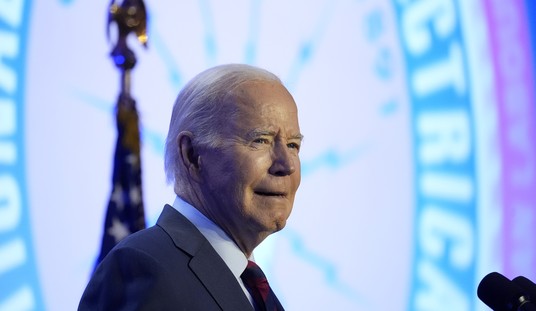The New York Times published a front-page story on Sunday detailing three pages of Donald Trump’s state tax returns from 1995. The authenticity of the documents was verified by the tax preparer, Jack Mitnick.
Trump’s lawyer, Marc E. Kasowitz, emailed the Times informing the newspaper that publication of Trump’s returns was illegal because the candidate did not authorize their disclosure. He threatened “prompt initiation of appropriate legal action.”
The documents are the first page of Trump’s New York, New Jersey, and Connecticut tax returns. The complete returns would have totaled many hundreds of pages.
What did the Times find in these incomplete returns?
Donald J. Trump declared a $916 million loss on his 1995 income tax returns, a tax deduction so substantial it could have allowed him to legally avoid paying any federal income taxes for up to 18 years, records obtained by The New York Times show.
The 1995 tax records, never before disclosed, reveal the extraordinary tax benefits that Mr. Trump, the Republican presidential nominee, derived from the financial wreckage he left behind in the early 1990s through mismanagement of three Atlantic City casinos, his ill-fated foray into the airline business and his ill-timed purchase of the Plaza Hotel in Manhattan.
Tax experts hired by The Times to analyze Mr. Trump’s 1995 records said that tax rules especially advantageous to wealthy filers would have allowed Mr. Trump to use his $916 million loss to cancel out an equivalent amount of taxable income over an 18-year period.
Although Mr. Trump’s taxable income in subsequent years is as yet unknown, a $916 million loss in 1995 would have been large enough to wipe out more than $50 million a year in taxable income over 18 years.
The $916 million loss certainly could have eliminated any federal income taxes Mr. Trump otherwise would have owed on the $50,000 to $100,000 he was paid for each episode of “The Apprentice,” or the roughly $45 million he was paid between 1995 and 2009 when he was chairman or chief executive of the publicly traded company he created to assume ownership of his troubled Atlantic City casinos. Ordinary investors in the new company, meanwhile, saw the value of their shares plunge to 17 cents from $35.50, while scores of contractors went unpaid for work on Mr. Trump’s casinos and casino bondholders received pennies on the dollar.
“He has a vast benefit from his destruction” in the early 1990s, said one of the experts, Joel Rosenfeld, an assistant professor at New York University’s Schack Institute of Real Estate. Mr. Rosenfeld offered this description of what he would advise a client who came to him with a tax return like Mr. Trump’s: “Do you realize you can create $916 million in income without paying a nickel in taxes?”
Mr. Trump declined to comment on the documents. Instead, the campaign released a statement that neither challenged nor confirmed the $916 million loss.
About halfway through the article, the Times grudgingly admits that Trump did nothing wrong, that his deductions for the $916 million loss were perfectly legal.
Trump is a rich man. And rich men are able to maintain their wealth by paying as little in taxes as possible. They do this by gaming the 74,000 pages in the tax code, using tax credits, deductions, loopholes, and other arcane accounting procedures to limit their tax liability.
There is nothing illegal or even unethical in this as long as the letter of the law is followed. But the New York Times is not making a legal case against Mr. Trump’s failure to pay taxes (presumably, since we don’t know the full story). They are making a partisan political case to damage — perhaps irreparably — Trump’s candidacy. To accomplish this, they may have illegally published tax information. The Times will no doubt argue that the public has a right to know this information and that they are protected by the First Amendment.
Given what we know of the politicization Obama’s IRS, we shouldn’t hold our breath waiting for Times editors to be prosecuted.









Join the conversation as a VIP Member